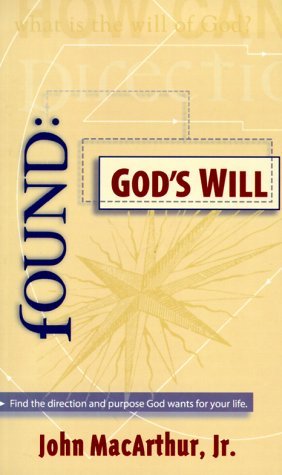- I will sing to the Lord, because he has dealt bountifully with me. Psalm 13:6
- I know how to be brought low, and I know how to abound. In any and every circumstance, I have learned the secret of facing plenty and hunger, abundance and need. I can do all things through him who strengthens me. Philippians 4:12-13
- Give thanks in all circumstances; for this is the will of God in Christ Jesus for you. 1 Thessalonians 5:18
- In February I read Matthew 1-4 for 30 days.
- In February I read Psalm 9-16 for 30 days.
- In February I continued my Bible in 90 days plan with the 1560 Geneva Bible. (I am about three days away from finishing!!!)
- In February I FINISHED the NASB 1973 Bible. It turned out not so much the Bible in 90 Days plan but the Bible in 82 day plan.
- In February I used the ESV Bible app to the M'Cheyne reading plan.
- In February I used Professor Horner's Bible reading plan in the NASB Giant Print Reference Bible. I am now reading multiple chapters per day in most of the ten sections--mainly in the OT sections excluding Proverbs of course).
- In February I received two new Bibles!!!!
Books Reviewed at Operation Actually Read Bible (in February)
8. Rejoice and Tremble: The Surprising Good News of the Fear of the Lord. Michael Reeves. 2021. [January] Crossway. 192 pages. [Source: Review copy]
9. Pleasure and Profit in Bible Study. D.L. Moody. 1898. 167 pages. [Source: Bought]
10. Found: God's Will. John F. MacArthur Jr. 1972. 60 pages. [Source: Bought]
11. Woven: Understanding the Bible as One Seamless Story. Angie Smith. 2021. [March] 288 pages. [Source: Review copy]
12. Tidewater Bride. Laura Frantz. 2021. [January] 416 pages. [Source: Review copy]
13. Ten Words to Live By: Delighting in and Doing What God Commands. Jen Wilkin. 2021. [March] 176 pages. [Source: Review copy]
Bibles Reviewed at Operation Actually Read Bible (in February)
 1. New American Standard Reference Edition. 1973. God. 1899 pages. [Source: Bought]
1. New American Standard Reference Edition. 1973. God. 1899 pages. [Source: Bought]









